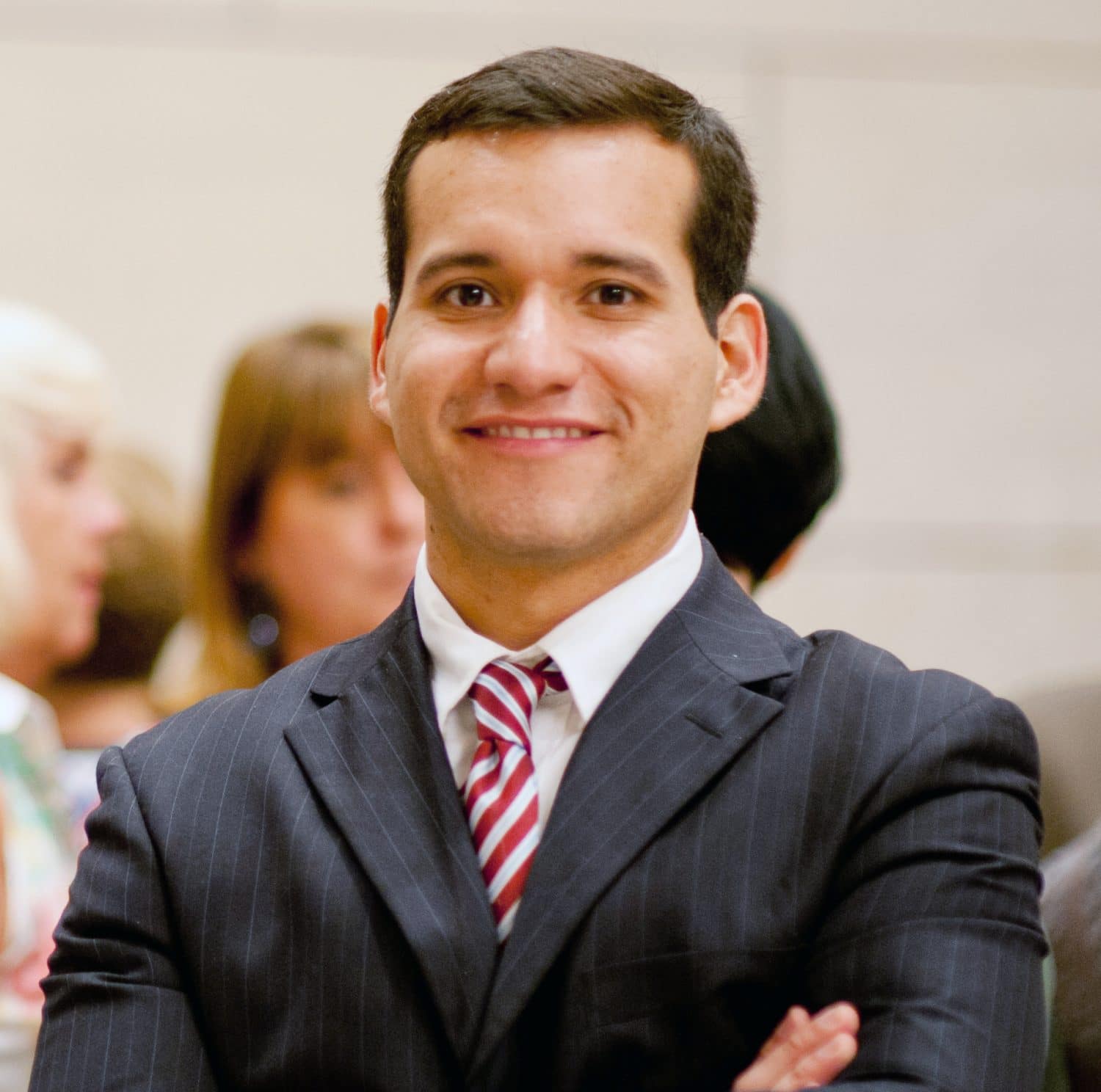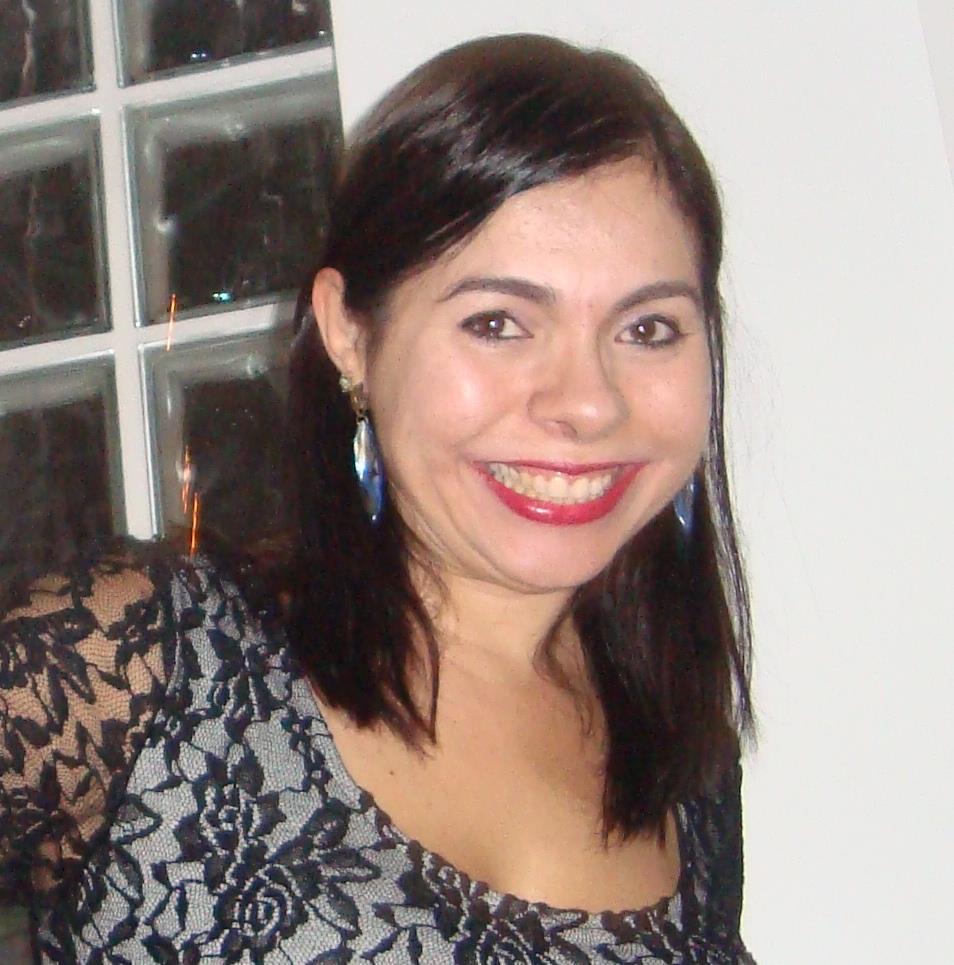In Search of Real Professionals
The growing need for global communication brings the field of TEFL to a much higher level of professionalism. However, several other individuals are actively involved in the EFL teaching field, but they cannot be considered actual professionals.
Ur (2002) defines a professional as a worker whose expertise involves not only skill and knowledge but also exercise of highly sophisticated judgment and whose accreditation necessitates extensive study, often university-based, as well as practical experience. According to this definition, one must perform a threefold task in order to be considered a professional EFL teacher: (1) fulfill entry requirements and standards, (2) obtain specialized knowledge through both academic and practical experience, and (3) build a career in the field of education.
Furthermore, Ur (2002) explored contrasts between the actual EFL professional teacher and such other individuals who share the same activity. These individuals were named lays, amateurs, technicians, or academics.
Lay EFL teachers do not have the specific skills, knowledge, and conventions that professionals do. They usually do not belong to any professional group, but know enough English to be considered “capable” of teaching others. Their teaching activities often include tutoring, conversation classes, or other undemanding settings to which very little pedagogical knowledge is needed.
Amateurs are individuals who venture into the field with very minimum skills and pedagogical knowledge. This type of teacher usually experiments with his classes and tries out new trends for fun or even the love of it, but professional standards are not a concern to amateur teachers. It is true though that several professional EFL teachers begin as amateurs in language institutions after minimum pre-service training. It is also true that gifted amateurs might outperform uncommitted professionals.
Technicians are “trained” to perform a specific educational activity and certain acts with skill. A technician can be considered partly professional and partly amateur. On one hand, a technician is a professional as he or she performs regular teaching routines and has enough pedagogical and linguistic knowledge to meet specific needs in a non-academic setting. On the other hand, the technician is an amateur as he or she lacks the ability to understand principles that underlie actions. This inability leads to automatized actions as the technician does not understand language acquisition processes or pedagogical theory. For instance, a technician might be “trained” to teach new grammar items by introducing them within the context of a conversation. He or she can use that technique for several years and have it automatized without any understanding of inductive and deductive approaches to grammar teaching.
Finally, academics hold deep knowledge about language and teaching and can be defined researchers, lecturers, and writers whose primary setting is a university. Although many academics would define themselves as professionals, Ur (2002) explained that real professionals are immediate agents of real-world change and academics are primarily occupied in thinking and researching. The academic’s job is to refine thinking through research and the professional’s job is to improve actual teaching and find out what works.
The field of language teaching is subject to rapid changes as both professionals and institutions respond to new educational paradigms and trends as well as changes in curriculum, (inter)national tests, and student needs. As a result, we are challenged to continue to make the difference as real TEFL professionals keep searching for regular opportunities to update our knowledge and skills.
References
Ur, P. (2002). The English teacher as a professional. In J. C. Richards, & W. A. Renandya (Eds), Methodology in language teaching: An anthology of current practice (pp. 388-392). New York, NY: Cambridge University Press.





